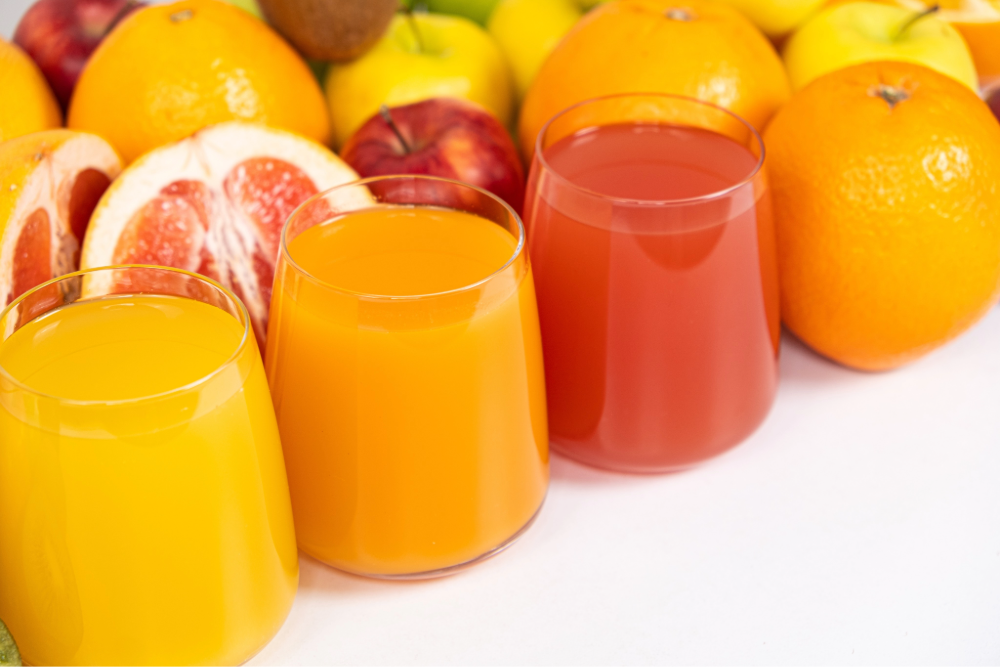Controlling Alicyclobacillus: The Key to High-Quality Juices
What do we know about Alicyclobacillus?
Since 1980, it has been known that the deterioration of fruit and vegetable juices is due to thermoacidophilic spore-forming bacteria classified under the genus Alicyclobacillus. This genus comprises Gram-positive, aerobic bacteriathat can grow at pH levels between 3 and 5.5 and can survive at temperatures between 20 and 70°C. Although they do not require strictly thermophilic or acidic environments to survive, they are even found naturally in soil.
Its spores are resistant to pasteurization, and due to their acidophilic nature, they can germinate and multiply in products after processing if conditions are right, reaching concentrations high enough to produce harmful compounds, which leads to product spoilage. Contamination problems often appear several days after packaging.
Spoilage caused by Alicyclobacillus

If you need more information about our products, please do not hesitate to contact us.




